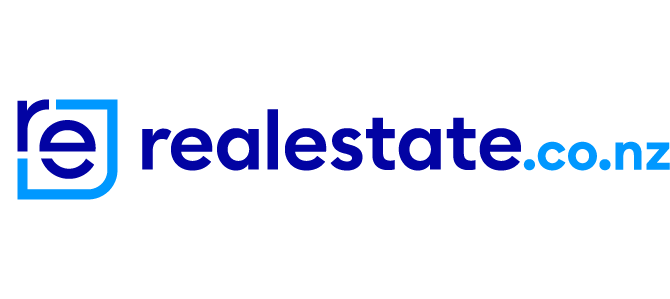Buying a house is often considered the Kiwi dream. It offers security, stability and (for most people) is a great financial asset to leverage later in life. If you’re feeling the pain with the limitations of renting or are simply ready to say goodbye to your landlord, it could be time for you to think about buying a home. Buying a home is a big undertaking and can consume a lot of your time and energy though, so it’s important to assess if it’s really the right step for you before you dive headfirst into the process.
We’ve put together three key questions you should ask yourself, to figure out whether you’re ready to say farewell to renting for good.
“What living situation is right for me?”
Renting cops a lot of flack as the less glamorous alternative to owning a home, but it’s actually a really practical option for many people. If you’re looking to move houses often due to changing jobs, for example, it’s likely that renting will work better for you - but if you’re looking to paint your walls white and make more major changes to a property, buying will be the way to go. Weigh up the pros and cons of your current situation and also think about what you’re likely to be looking for in the next few years.
“Am I ready for the commitment?”
There’s a reason why buying a home is often associated with settling down - it’s a long term financial commitment, with home loan terms generally ranging from 25 - 30 years. Think about how stable your life is right now and where you see yourself in five years. If you’re still dreaming about your big OE, buying a home right now might not be the right decision - maintaining a property and paying off a mortgage requires dedication and financial commitment, so make sure you’re ready for the responsibility.
It’s also important to think about your commitment to those you may be buying a home with. Buying a home with a partner or friends is a great way to get onto the property ladder sooner, but make sure you know what you’re getting yourself into. Be clear about how all parties are contributing from the start and seek legal advice if you’re unsure about anything - it’s worth the investment to ensure that all your ducks
“Am I financially prepared?”
So you’re ready to say goodbye to renting - but now comes the big question of how financially prepared you are. House prices in New Zealand are on the rise, so you need to make sure you’ve got a solid deposit and you’re financially stable enough to maintain your mortgage repayments. The good news is that with the loan-to-value ratio (LVR) restrictions removed due to COVID-19, getting a loan can now be more achievable for first home buyers. You’ll still need a deposit, but if you’ve got a steady income and can prove to your bank that you are financially stable, you might find you’re able to get a loan without having a 20% deposit.
Getting into a home could also be easier than ever for some home buyers due to the help of two support schemes. You could qualify for a First Home Grant which can provide up to $10,000 per person towards your deposit, or you might be eligible for the First Home Loan scheme, which could get you a loan with a deposit as low as 5% depending on your circumstances. You might even qualify for both schemes – which means you could be saying goodbye to renting and hello to your first home even sooner than you thought possible.
Ready to take the next step in the home buying journey? Check out whether you meet the qualification criteria for the First Home Grant and First Home Loan at kaingaora.govt.nz/firsthome.
Need more advice on where to next? Here are our top tips for saving your deposit.
20 Jul 2020

